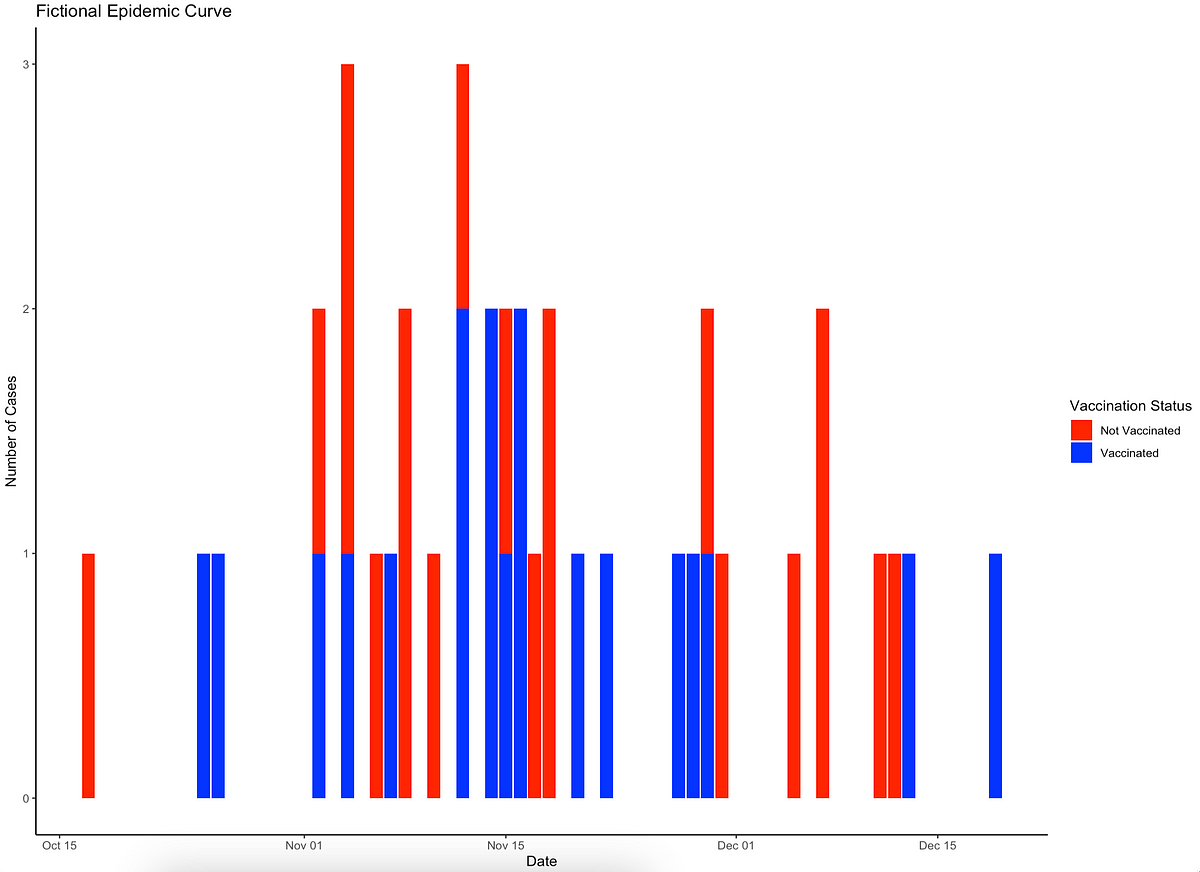A fraud and its victims
In 1998, a group of researchers in the United Kingdom published a study examining the relationship between the MMR vaccine (measles, mumps, rubella) and autism. Or, as the research article stated, we identified gastrointestinal-related disease and developmental regression in a previously normal group of children, often associated with environmental triggers. One of those triggering factors was the MMR vaccine.
If you click on the link to the paper, you may notice that the paper has been retracted. It was retracted because it was found to be fraudulent, filled with inaccuracies and questionable ethical practices. However, the damage had been done. Anti-vaccine organizations and activists seized upon the study and its authors as evidence that vaccines cause autism.
The vaccine does not cause autism, based on years of subsequent (and costly) research attempting to replicate the original paper's findings and dispel myths about other vaccines.
In 2017, one of the main investigators of the fraudulent 1998 study came to Minnesota. He met with parents in the Somali refugee community there. He explained his concerns about the MMR vaccine to them, and they believed him. Shortly after, MMR vaccine coverage for young children decreased. Not long after that, a measles outbreak hit the community.
It would be the largest measles outbreak in Minnesota in 30 years.
A rational fear
Why would parents care? First, their children were diagnosed with a new condition to them: autism. In many developing countries around the world - and in cultures where science and biology are not as easily understood as in the U.S. education system - the concept of autism is perplexing.
Autism occurs on a spectrum, with some autistic individuals showing delayed/deficient development more than others. If you didn't know autism was a thing, you might think of an autistic person as severely brain-damaged. And you might think of a function
